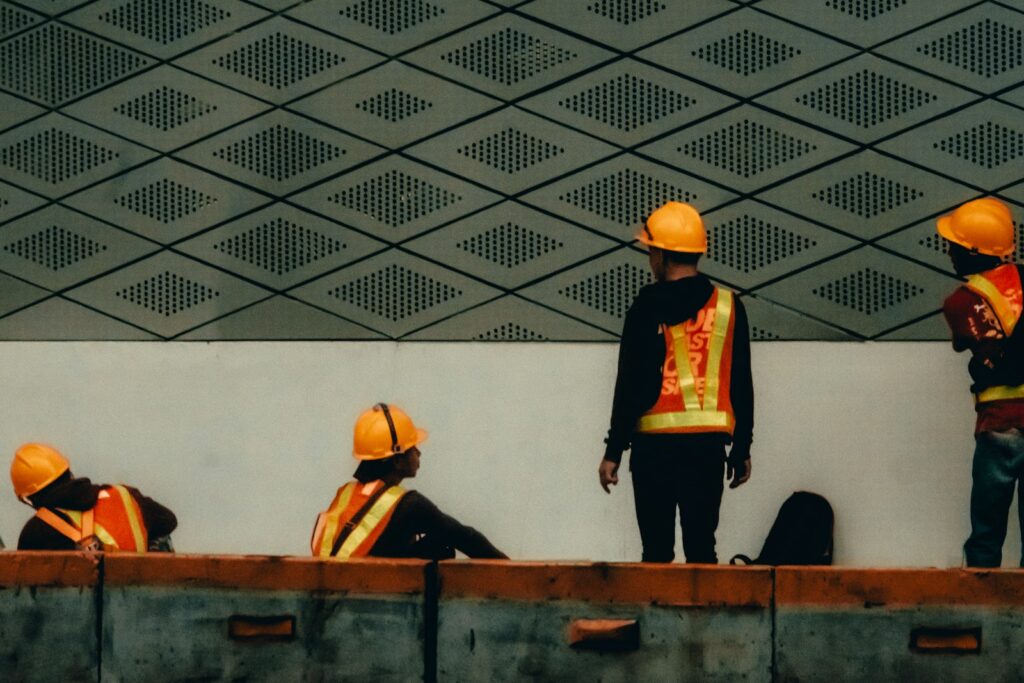Signing a lease is one of the most significant financial commitments most renters make, yet many skim the fine print without truly understanding it. Understanding how to read a lease agreement before signing can save you from costly surprises later.
Landlords often use standard lease templates that can hide tricky clauses. By learning what to look for, you can protect yourself from unexpected costs and avoid disputes down the road.
Pay Attention to Rent and Renewal Terms
The first thing to review is the rent section. Ensure that the amount, due date, and acceptable payment methods are clearly specified. Check whether the lease allows for automatic rent increases or late fees, and under what conditions these fees are applicable.
Also, look closely at renewal provisions. Some leases automatically renew unless you provide written notice, while others switch to month-to-month agreements. Knowing the renewal rules upfront prevents unpleasant surprises when your initial term ends.
For more tenant-friendly insights, see Landlord-Tenant Basics: Security Deposits & Repairs.
Understand Maintenance and Repair Responsibilities
Leases should specify who is responsible for upkeep, repairs, and utilities. While landlords usually handle major structural repairs, some contracts shift minor maintenance, such as lawn care or appliance upkeep, onto tenants. Clarify whether you’re responsible for reporting problems immediately and how repairs will be scheduled.
Pay attention to utility clauses as well. Are you covering all utilities, or just certain ones? Understanding your financial obligations ahead of time helps avoid unexpected bills later.
Look Closely at Security Deposits
Security deposit rules can be confusing. Check how much is required, how it will be held, and under what circumstances deductions can be made. Some states require landlords to keep deposits in separate accounts or return them within a set number of days.
Ensure the lease clearly defines what constitutes “normal wear and tear” versus damage that may result in additional charges. This clarity can make the difference between getting your full deposit back and losing a chunk unnecessarily.
For more tips and insight, this Consumer Financial Protection Bureau guide offers help for renters on security deposits, tenant rights, and refund timelines.
Watch Out for Restrictive Clauses
Some leases contain provisions that limit your rights more than you realize. Look for clauses about subletting, guests, or even whether you can have pets. Others may attempt to waive the landlord’s liability for safety issues. However, something that may not be enforceable in your state.
It’s also essential to check the rules about alterations, such as painting or hanging shelves. If you plan to make the space feel like home, you’ll want to know whether those changes are allowed.
See How to Read and Understand HOA Rules Before You Buy for similar advice on avoiding fine-print surprises.
When in Doubt, Ask Questions
Never feel pressured to sign a lease on the spot. If something is unclear or seems unfair, ask the landlord to explain or even negotiate. It’s far easier to address issues before signing than after you’ve moved in.
If you’re renting in a competitive market, you may not have room to negotiate every clause, but raising concerns shows you’re paying attention. Sometimes, landlords will adjust terms if it means securing a responsible tenant.
Check out Neighbor Disputes: Fences, Trees, and Noise Complaints to stay informed about renter and owner responsibilities.
The Bottom Line
A lease is more than just a formality. It’s a legally binding contract that shapes your daily living experience and financial responsibilities. By slowing down, reading carefully, and asking questions, you put yourself in control instead of leaving your rights to chance.
Even if you’re not a lawyer, paying attention to details like rent terms, repair duties, and security deposits can save you from disputes and unexpected costs. The best time to protect yourself is before you sign, so make sure you fully understand what you’re agreeing to.




